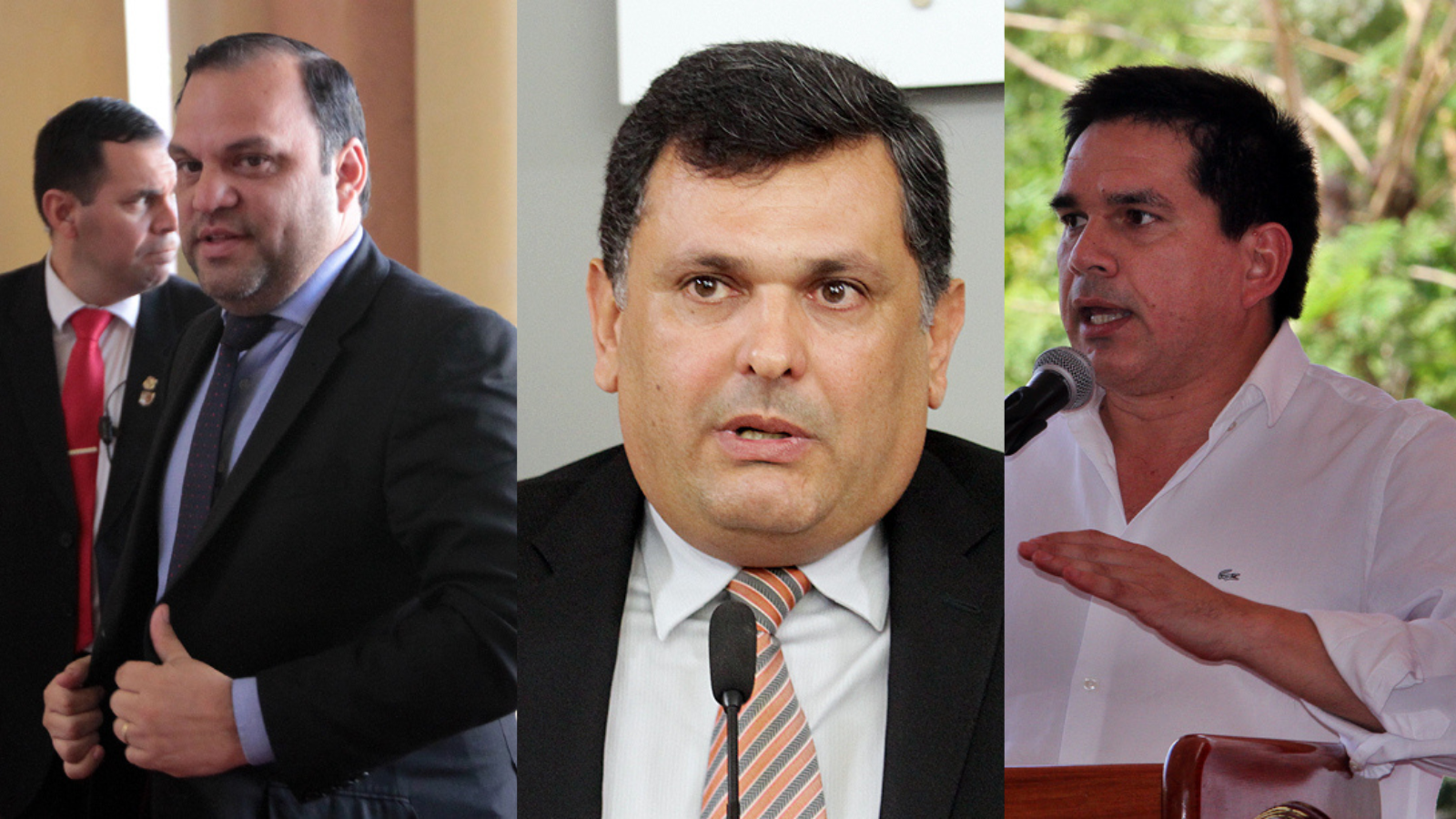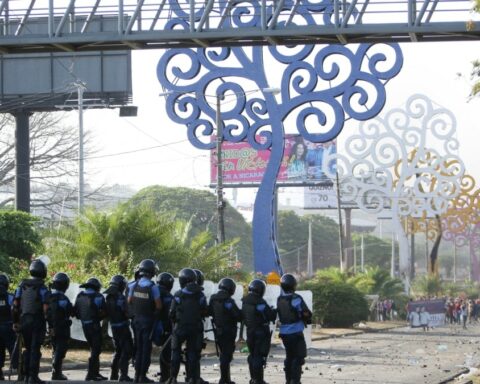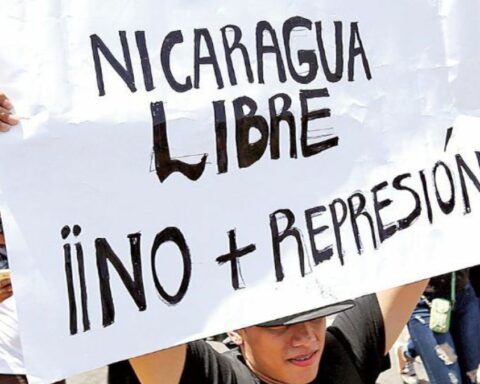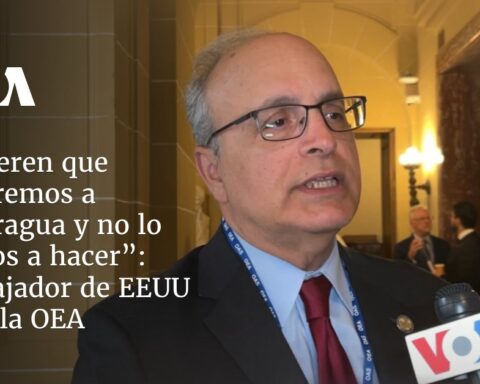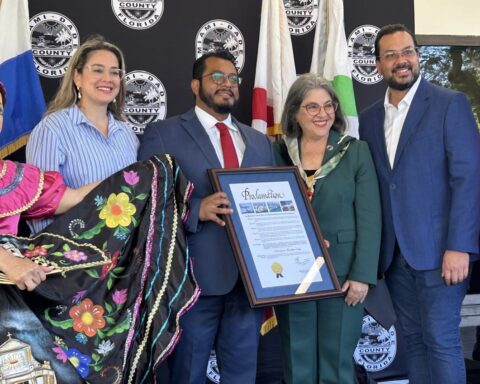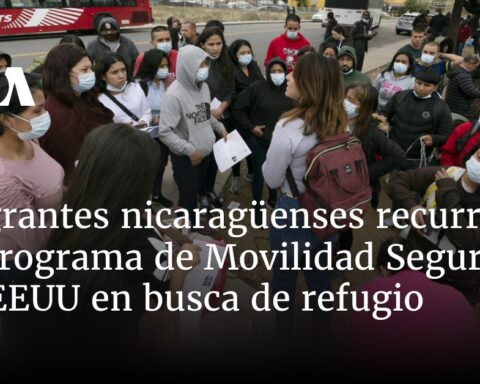The new Real Estate Law, presented and approved in just three days by the Nicaraguan National Assembly, subordinated to the control of Daniel Ortega. represents an increase in the operating costs of the sector that aims to increase the income of the General Directorate of Revenue (DGI), under the pretext of meet the requirements issued by the Financial Action Task Force (FATF), three economic agents who gave statements to CONFIDENTIALon condition of anonymity.
A professional who will be affected by these changes said that his colleagues are “concerned” about the additional expenses they will have to make to keep accounts, keep ten years of records; submit to the Fiscal Analysis Unit (UAF), any report requested; spend $150 to certify to each other of their agents, and having to put the license in a visible place… which implies having a physical office, paying for a venue, and all the expenses associated with that order.
On Thursday, September 8, the 169th edition of La Gaceta published Law 1129, Nicaraguan Real Estate Brokerage Lawwhich repealed Law 602 that, with the same name, had been approved by the National Assembly on May 29, 2007, and published in La Gaceta number 132, of July 12, 2007.
“The real estate sector was without a law, because there was one, but it was not operational. She was born dead because the Ministry of Development, Industry and Commerce (Mific), which was her regulator, never showed interest in granting the licenses, so no one had a license. Now, this is mandatory: you join or you join the Mific”, sentenced the professional mentioned before.
“The new law is very similar to the previous one, although some basic concepts and elements change. At this time, it is time to wait for the regulation of this law to be issued, to see, for example, what the requirements for the license will be, although they could still leave the same, ”he speculated.
He explains that the intention of the now repealed legal text was to “professionalize people, to the point that it said what we had to know; the courses and the disciplines that we had to handle. That law put us as advisers, with more responsibilities, but now it leaves us as simple intermediaries”, he acknowledged.
New charges to operate in the real estate sector
This source reports that they are “very scared” by the fees imposed by Law 1129, starting with 400 ‘Central American pesos’ (a ‘currency’ created in 1961, which only serves as a unit of accounts, and which is equivalent to one dollar). to obtain -or renew- a real estate broker’s license, in the case of legal entities, and 200 dollars for natural persons.
You will also have to pay $150 for a course that allows you to become certified as a real estate agent, in addition to another $150 for each agent that the company wants to certify. In contrast, article 16, paragraph 2 of the repealed law, indicated that “the license will have a value corresponding to the cost of the material and the administrative expenses incurred in issuing it.”
The other big change that the sector observes is that in the new version of the law that regulates them “they added the control of the UAF”, since the reforms to that law include them as obligated subjects.
A university professor on business control issues explained that this new law is “to comply with the FATF. The pressure is very strong in Nicaragua: not only fiscal pressure, (all the entities are imposing fines. Right now there is too much fiscal pressure and the dictatorship is punishing companies with fines) there is also regulatory pressure”.
In this regard, an expert lawyer in financial matters explains that “the FATF, in its Latin American section, better known as Gafilat, has become the most effective justifying instrument for the Ortega-Murillo dictatorship to implement a fierce policy of repression. against civil society and against all opposition citizens in Nicaragua.”
New law, on behalf of the FATF
The lawyer includes in this framework the enactment of “this law to regulate real estate agents who offer the sale and rental of real estate, with which he seeks to subject them to greater control -as well as NGOs- and probably put everyone out of business.” that real estate agent who is disaffected to the dictatorship, and everything, by the recommendations of the FATF”.
He says so thinking that “the FATF makes recommendations under the criteria of risk prevention (financial, banking, monetary, etc.), but the dictatorship applies the laws with a criterion of repression fierce, to persecute the NGOs, and to the opponents; for those who also approved the Foreign Agents Law and the Cybercrime Lawwith which it accuses of being a foreign agent -and therefore a traitor to the country- any opponent who consults with an international organization, or receives funds to promote democracy, journalism, etc.”
For his part, the real estate professional said that the sector received “with surprise”, the proposal of the Executive; that it be urgent, and that the entire process last three days. “Perhaps it is because of the FATF visit, which asks to include the real estate sector, but I don’t know if they impose so many requirements,” he inquired.
His opinion is that they do not handle “as much money as jewelers, car dealers, or developers, who should also be required to have a license, because they do move a lot of money. The fact that they are not included generates suspicion”, he confessed.
While looking for strategies to recover from the housing market crash, this professional admits that “there are always transactions, but on a smaller scale. Social interest housing is the one that moves the most, even at fairs”, while “there are few luxury houses that are entering the market. What there is is the sale of used houses, land, farms, etc.
Pressure on companies in Nicaragua
The Government of Nicaragua collected more than 125.6 billion córdobas (equivalent to more than 3.5 billion dollars) between January 2021 and March 2022, and expects to maintain high growth rates in tax collection for the rest of the year, he explained in last July an expert on macroeconomic issues, who talked with CONFIDENTIAL, which he called what is happening as “excessive pressure on companies”.
From the beginning, the private sector said that the tax reform of March 2019approved by the Sandinista Front steamroller in the National Assemblywould have only one winner: the Government. The numbers and the times proved him right. Now, what is the result for the companies is being debated, which especially criticize being subjected to an environment of permanent harassment, which makes doubt the viability of operating in Nicaragua.
In 2018, the Administration of Daniel Ortega decided to unify the databases, both the fiscal one, with that of the mayors’ offices, and the Registry of Persons, etc., to cross-reference the information, in a way that allows them to identify –and cut– everything they interpret as tax evasion.
The problem, said a consultant, is that “they are doing it in an extremely strict way, so they are over the whole world, which would not be objectionable, if it were a correct government, but it happens that there are people who take advantage of that information, and that’s where the problem arises. The problem is not complying with the law, even if it is confiscatory, because the sums that are paid as taxes are very large”.


